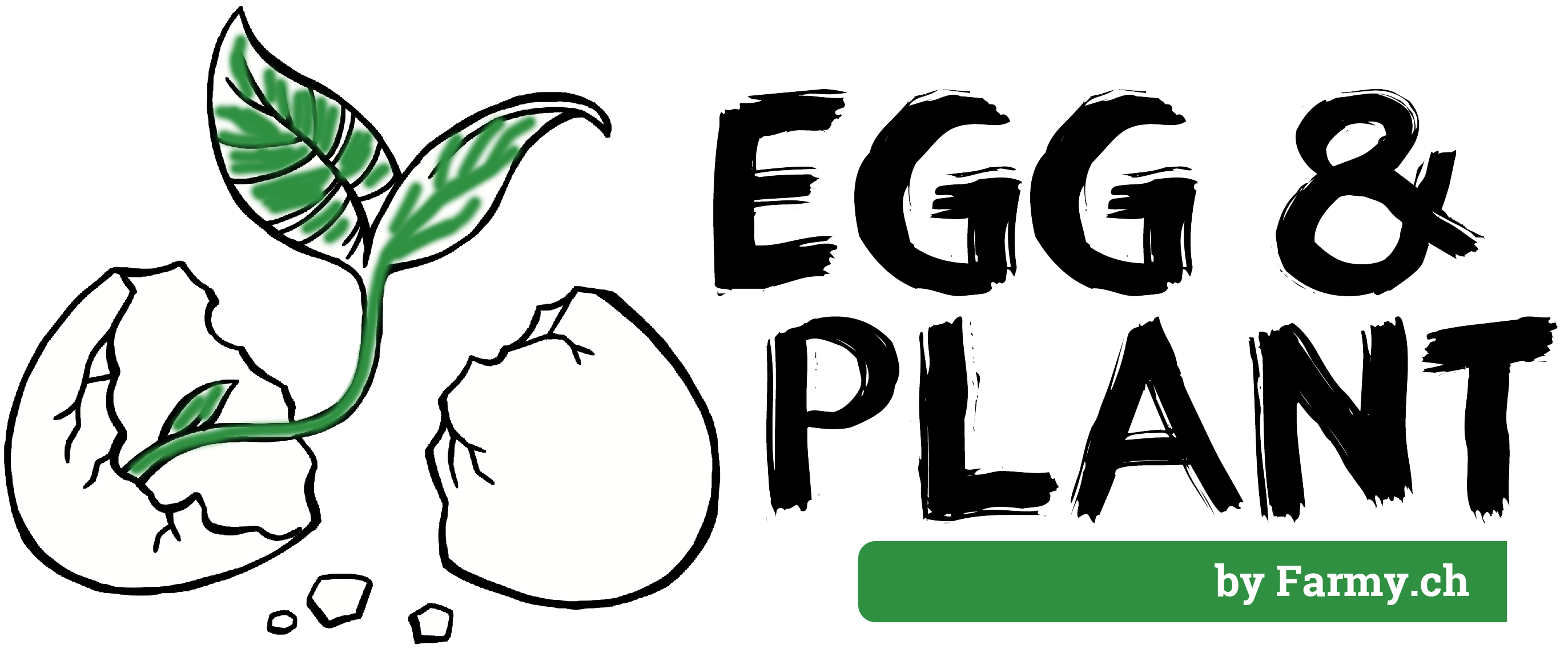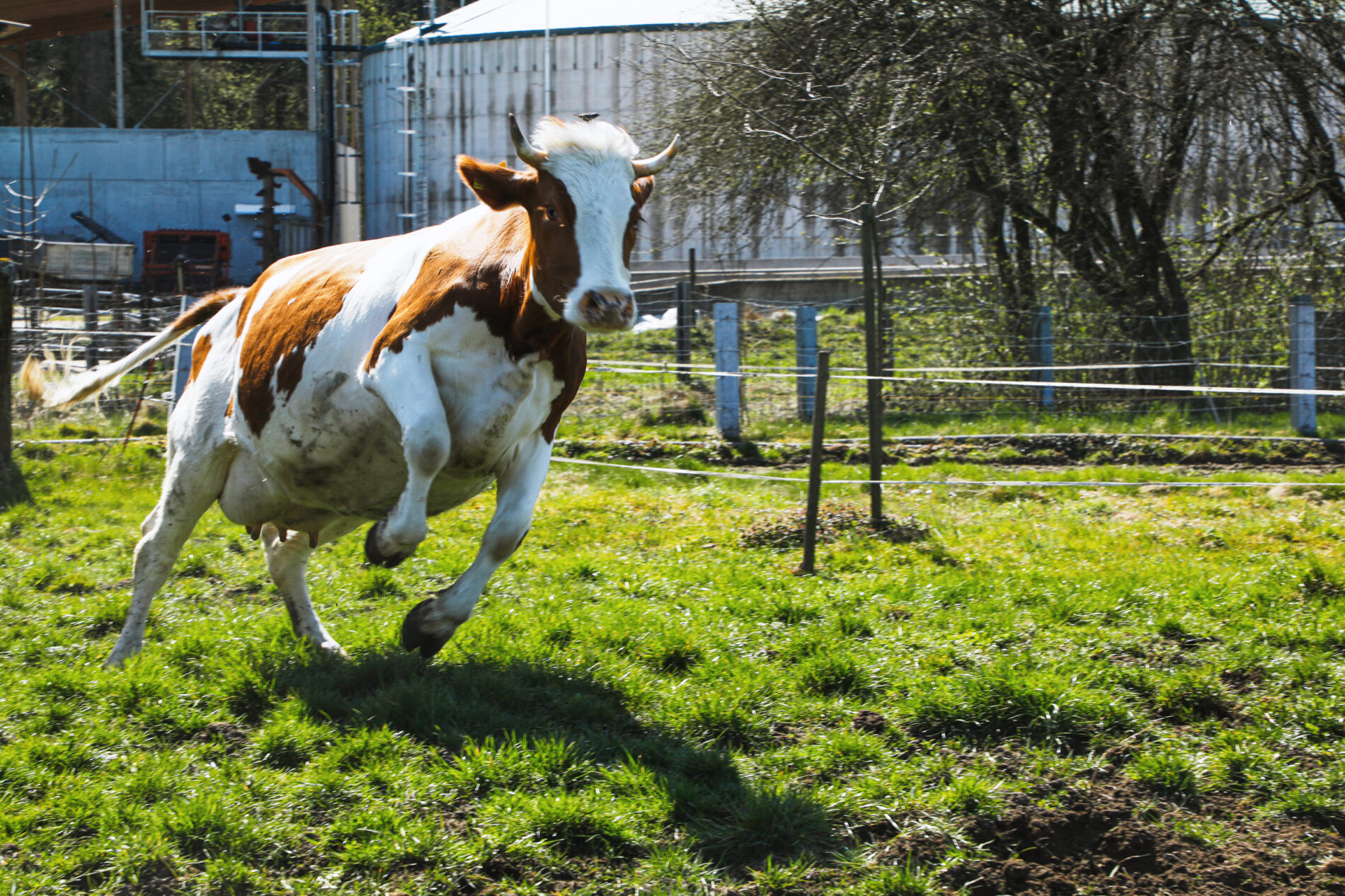Swiss dairy farmers can claim with a clear conscience that their cows feel good. Thus, most of them pay attention to good conditions for their animals and ensure a happy cow life. This is because although Swiss legislation on animal welfare only stipulates a minimum of husbandry regulations, Swiss farmers follow additional, strict guidelines for animal husbandry. As a result, many cows benefit from the strict husbandry programme called BTS and RAUS. But even the minimum of husbandry regulations should not be underestimated. Swiss animal welfare legislation, for example, is considered the strictest in the world. Learn more about dairy cow husbandry in this article.
Swiss animal protection law
In 2008, the Animal Welfare Act, which has existed since 1981, was completely revised. It is considered one of the most modern and exemplary animal protection laws in the world and thus has an international role model function.
The legislation attaches great importance to the welfare and dignity of animals and regulates tasks, regulations and responsibility towards them. Furthermore, the Swiss Animal Welfare Act stipulates how animals must be kept, fed, trained and transported.
The three-step principle
- Compliance with Swiss animal welfare legislation is mandatory for all livestock farmers.
- Building on this, there are voluntary agricultural policy programmes with significantly higher requirements than the animal welfare legislation (BTS and RAUS programmes).
- Brand programmes and labels impose specific, additional requirements on animal welfare.
BTS and RAUS
In Switzerland, more than half of all cows are kept according to the BTS programme. The “particularly animal-friendly housing system” includes measures that have a groundbreaking influence on the life of the cows. For example, littered lying areas, access to daylight and a lying area that is accessible at all times are part of the BTS housing programme.
88 % of all Swiss cows benefit from the RAUS programme, which stands for “regular outdoor exercise of the animals”. This programme ensures that the animals receive 26 days of grazing per summer month. In winter, it must be at least 13 days – or alternatively access to a run throughout the year. Compared to Switzerland’s neighbouring countries, this is two to eight times more outdoor access for the animals.
Healthy cows
It is precisely because animal husbandry is regulated in such detail in Switzerland that the cows are healthier than abroad. This is because our farmers know the value of the animals. They care for their animals in case of possible illness and already prevent it thanks to conscious and animal-friendly husbandry. Thus, the appearance of the animals is extremely important in order to analyse their state of health.
Daily inspection
On the one hand, a daily health check is a legal requirement, on the other hand, it is a matter of course for all responsible dairy farmers. Especially during milking, a very close look is taken; it is a valuable part of the work.
Udder
For example, a healthy udder is a must to guarantee the quality of Swiss milk. This is because udder inflammation is one of the most common diseases in the field of milk production and the second most common cause of dairy cow deaths.
Directly after milking, the appearance of the teats gives an indication of their health. A pink, smooth and dry teat skin indicates good hygiene, careful positioning of the cluster and good milking technique.
Individual responsibility
Swiss animal welfare regulations are strict and exemplary. Thus, in addition to the law, government programmes such as BTS and RAUS ensure the welfare of dairy cows. Private labels also make a significant contribution. It is therefore all the more important to pay attention to this when shopping and to ensure that the dairy cows are even better off by making a conscious purchase.
At Farmy you can look out for the following labels when buying your cow’s milk:
- the bud
- KAG Freiland
- Demeter
- the Bio label











What do you think?